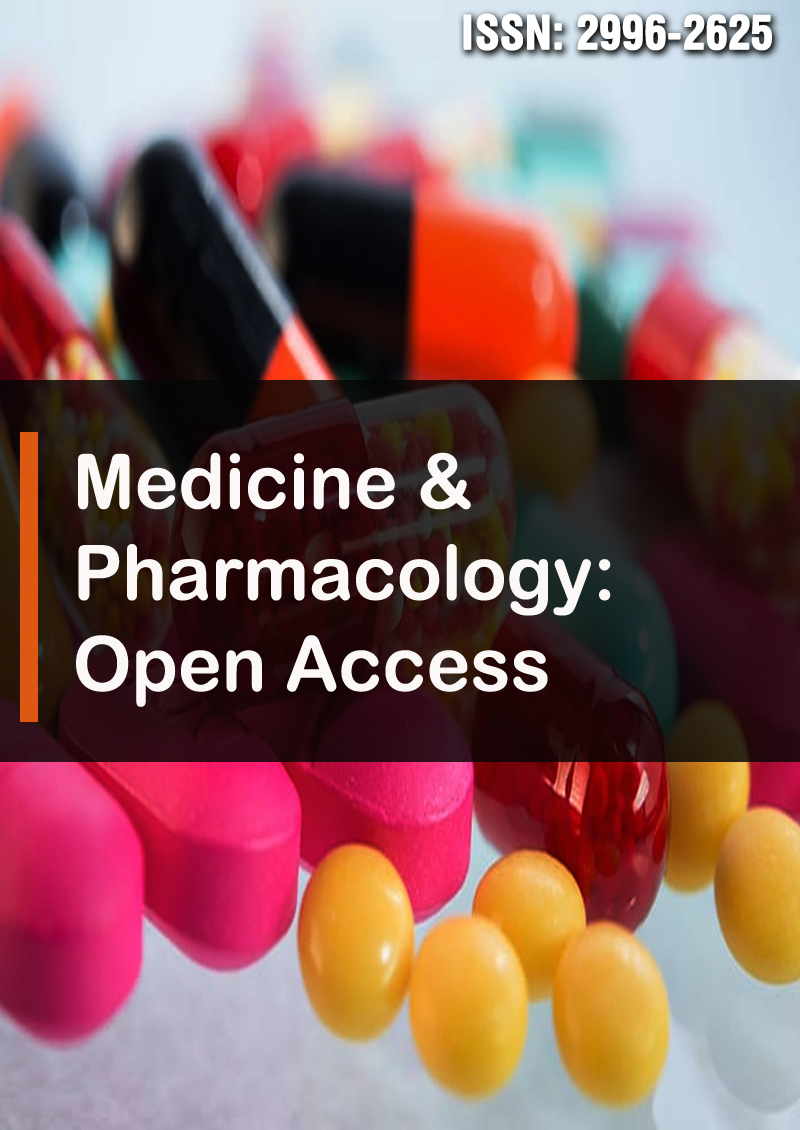Digital Literacy Skills Application on Education of Learners with Autism Spectrum Disorder: A Computer-Based Cross-Sectional Survey of Language Experts
Abstract
Uchenna Cosmas Ugwu, Ifeanyi Dandi Ogbonna and Osmond Chukwuemeka Ene
Background/objective: Autism spectrum disorder (ASD) is a brain developmental disability, characterized by the inability of a person to communicate or interact socially. This study investigated digital literacy skills (DLS) application on education of learners with ASD by language experts. Also, the significant association within demographic variables of the experts were examined.
Methods: It was a computer-based cross-sectional survey, conducted between July 2023 and September, 2023. A total of 104 language experts participated in the study. Data collection was completed through a structured instrument titled “Digital Literacy Skills Application Questionnaire (DLSAQ)” which demonstrated 0.87 reliability index. The IBM SPSS version 22 was used for all data computations and analysis. Using frequency counts, percentage scores and odds ratio statistics, statistical data were analyzed.
Results: The results were deemed significant at p≤0.05. The study revealed that more than three-quarter 81(78%) of language experts apply DLS on education of learners with ASD. Statistically, no significant difference was observed between DLS application on education of learners with ASD based on age, employment status, institution type, gender, monthly income and educational qualification (p>.05) while difference existed on marital status, residence, internet access and ICT competence (p<.05) respectively.
Conclusion: Language experts apply DLS on education of learners with ASD. The DLS application by language experts is significantly associated with demographic variables. Therefore, a universal adoption of DLS, acceptance and sustainability in education of learners with ASD is paramount and should be encouraged for quality education, social communication and integration in digital environment.



